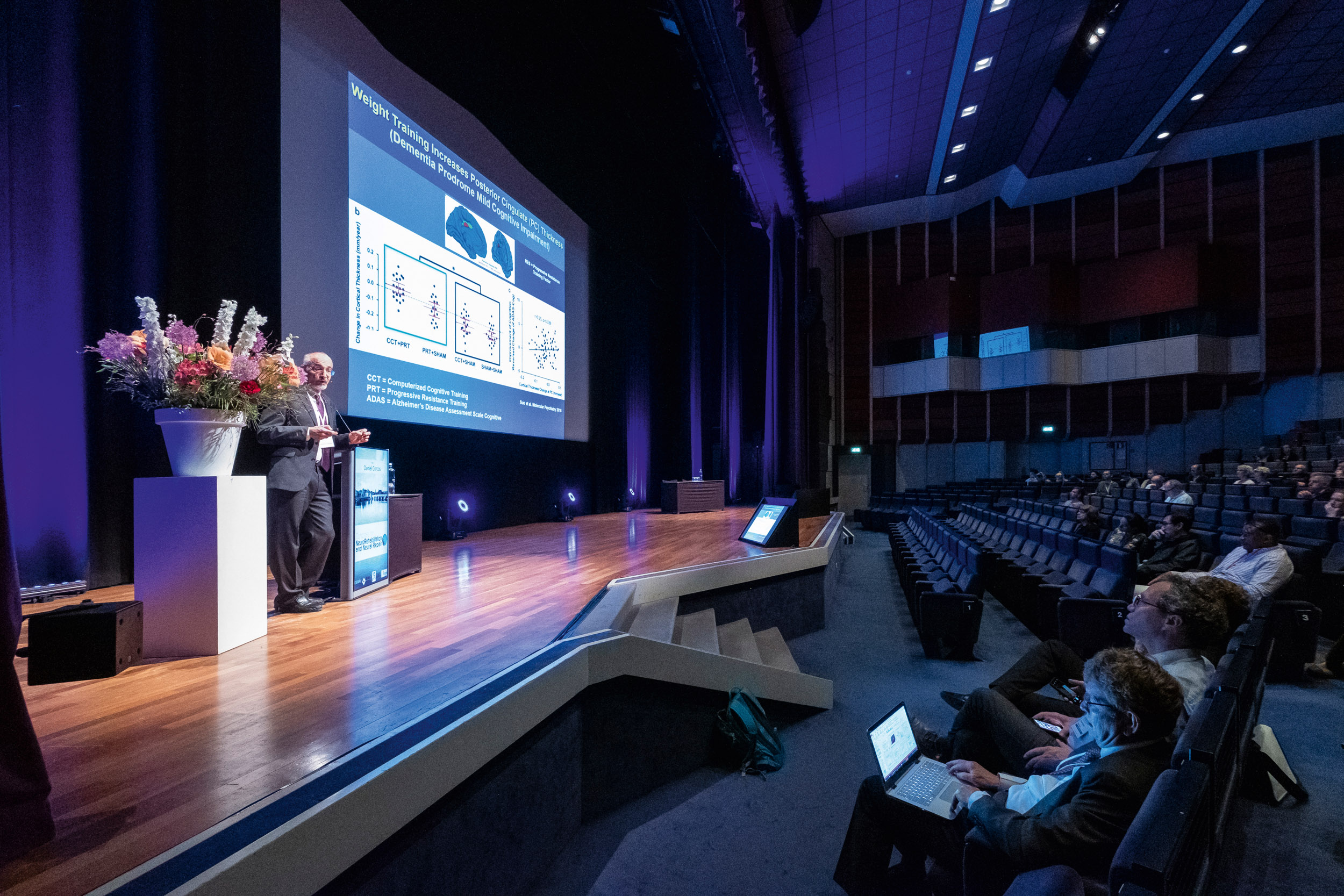
Explore key insights from the 3rd Neuro-Rehabilitation Congress: advances in upper extremity therapy, patient empowerment, and the challenge of translating evidence-based stroke rehab into clinical practice.

However, this seemingly simple question presents research challenges, as revealed in the content of published studies. Dr Louise Connell and Dr Liz Lynch demonstrated this in their presentation “Is it any wonder no one ever implements evidence-based practice?”. According to them, 65% of all therapy studies were non-intervention studies, 25% knowledge inquiry, 8% knowledge synthesis and only 2.5% of the studies dealt with the implementation of therapy methods. Of course, it is elementary evidence-based to demonstrate the effectiveness of a therapy method, but the implementation is at least as important for successful implementation in everyday clinical practice. And this is still not happening enough. This is perhaps one reason why translating clinical research into clinical practice takes 17 years on average. A drastic reduction in this time span for implementing an evidence-based therapy method would be welcome in the future.
Another important topic that was regularly addressed in the presentations related to daily life of neuropatients after hospital discharge, including the presentation “Managing daily life: evidence and implications for practice in neurorehabilitation” by D. Kos and Dr. T. Satink. In order to organise daily life as a patient, more resources are required than is generally assumed. Patients need to take responsibility not only for their emotional situation but their health situation as well. In addition, they also have to take care of everyday tasks such as shopping and eating. In order to manage daily life, patients should not rely solely on their own ability to function, but must be able to recognise when they need help, when they should ask for help and accept it. This correlates closely with a patient’s quality of life. According to Kos and Satink, managing everyday life is not about carrying out activities, but is rather about feeling and thinking about these activities. This is what gives the patient a ‘sense of purpose’. In summary, they came to the conclusion that managing everyday life in neuro-rehabilitation is about more than treating a chronic condition. It means taking responsibility and finding a new meaning in life. It is a dynamic process with several phases.
In summary, the Third Congress on NeuroRehabilitation and Neural Repair discussed every relevant issue in neuro-rehabilitation and there was something for every visitor, including the latest research findings, the application and implementation of new therapy methods and patient participation. It will be exciting to see what changes will occur in neuro-rehabilitation in the years ahead.

Related contents
Find related exciting contents in our media library.
Meet our specialists.
Are you interested in our solutions? Schedule a meeting with a Consultant to talk through your strategy and understand how TEHRA-Trainer can help you to advance rehabilitation.
You need to load content from reCAPTCHA to submit the form. Please note that doing so will share data with third-party providers.
More InformationYou are currently viewing a placeholder content from Turnstile. To access the actual content, click the button below. Please note that doing so will share data with third-party providers.
More Information